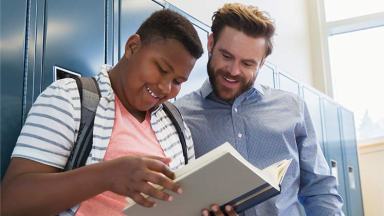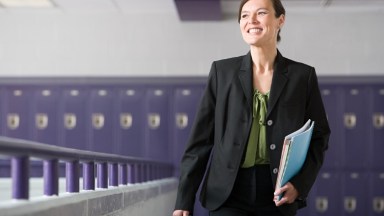
Master of Arts in Teaching online
The MAT online program is designed for aspiring teachers who want to meet the unique needs of students in 21st-century classrooms. The program includes the option to earn a Special Education credential or a Gifted Education certificate and can be completed in as little as one year. This program also prepares candidates to pursue their teaching credential.









